

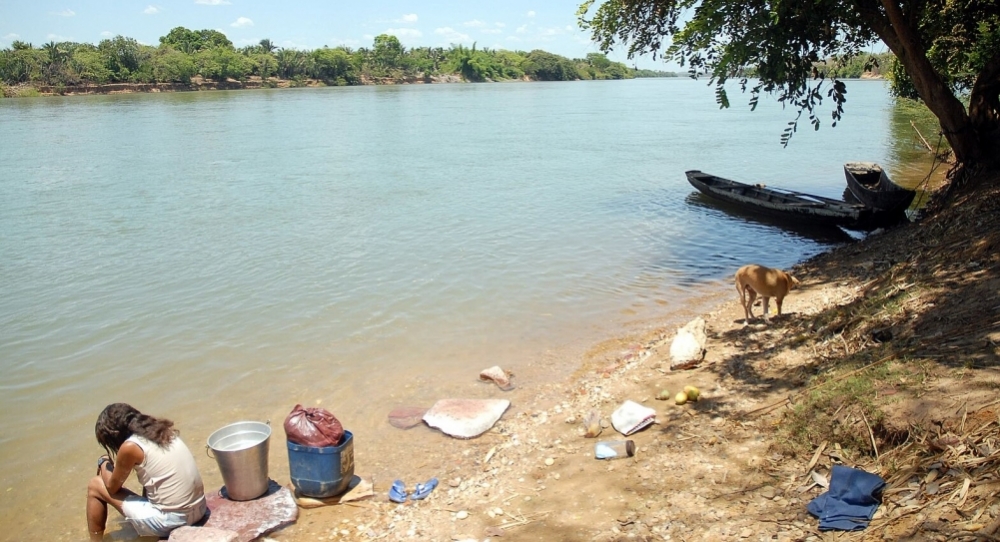
The innovative approach highlights vulnerability to deforestation, fire and drought, as well as poverty. The results can help formulate public policies for sustainable development.
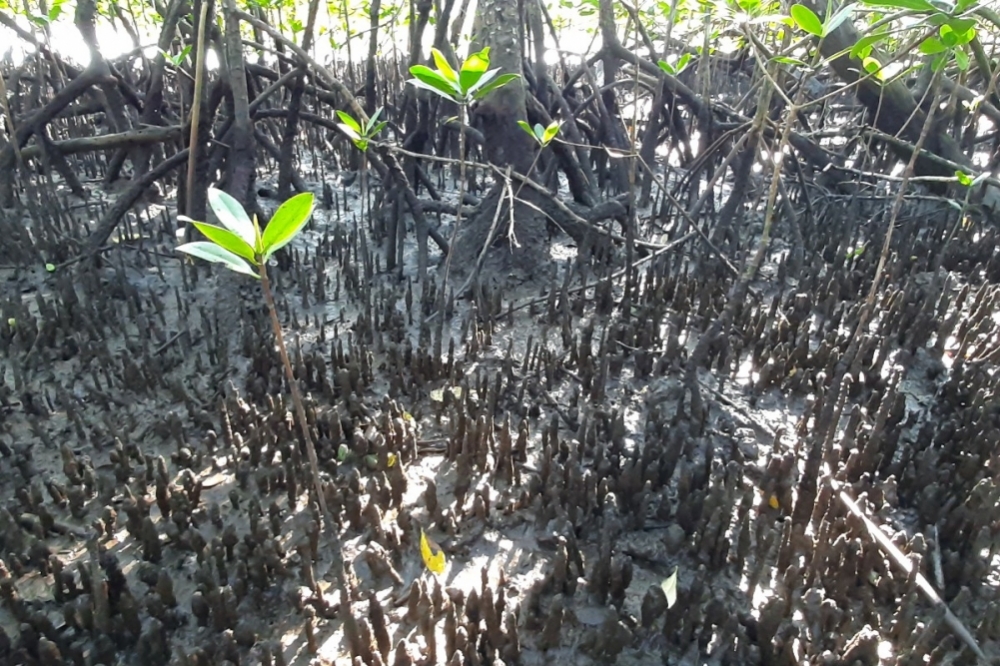
A study combining genetic analysis and oceanographic simulations showed that a species of mangrove rarely disperses very far, so that North and South Brazil have two distinct populations. The results can help prioritize conservation units and understand global patterns in mangrove forest formation.
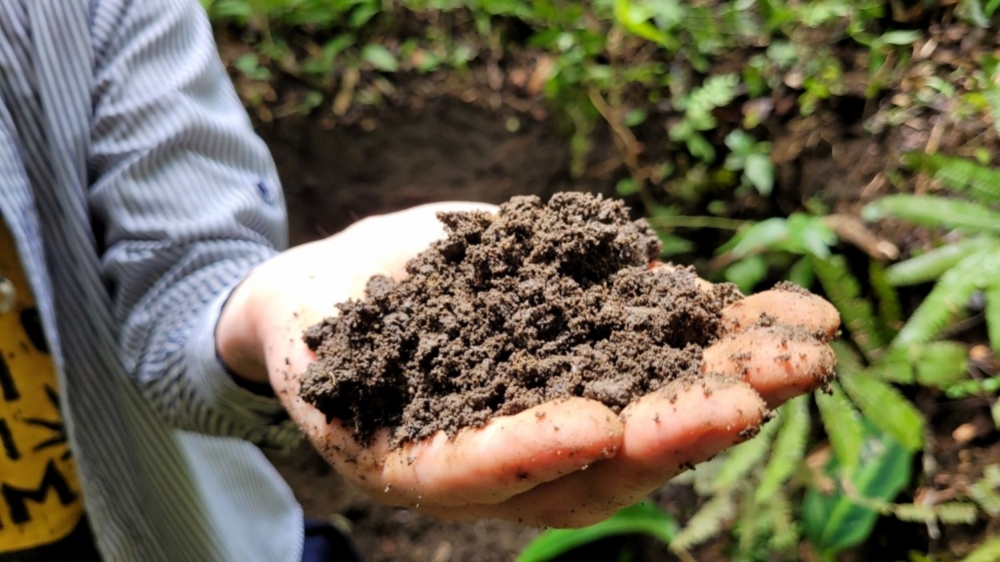
Brazilian scientists analyzed the typical soil composition resulting from native management with the aim of developing biotech applications for more effective restoration of degraded areas.
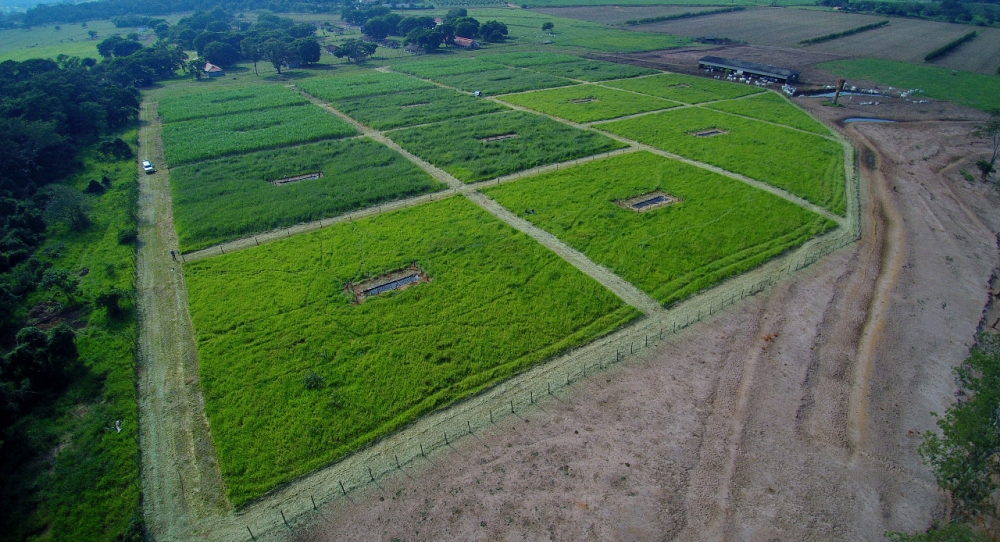
Research conducted in manipulated sugarcane plots showed that small water bodies such as ponds and puddles can contribute to sustainable farming even with environmentally hostile practices.
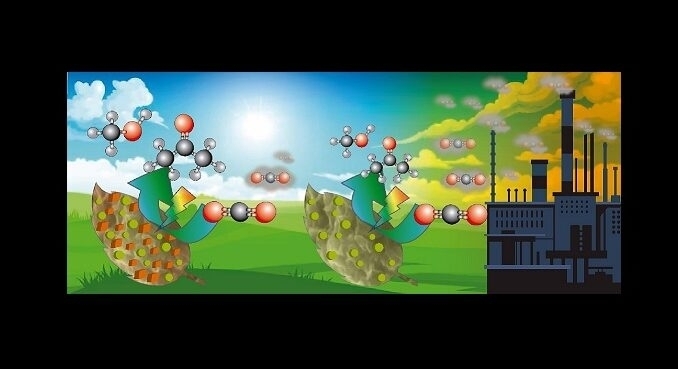
One of the goals of the study conducted by scientists at the Center for Development of Functional Materials and the Center for Innovation on New Energies is to reduce atmospheric emissions of this greenhouse gas.
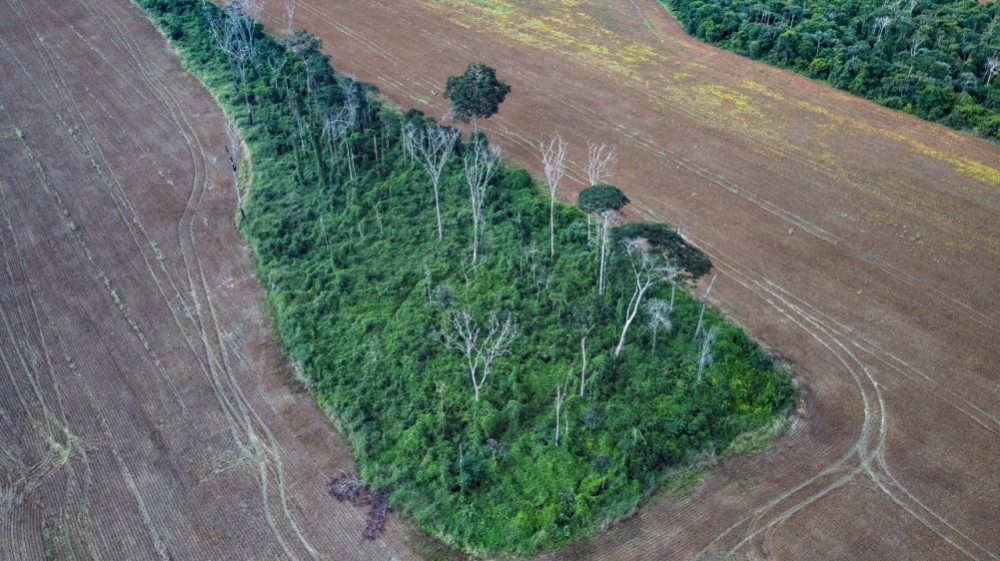
An article in Science by 35 researchers affiliated with institutions in Brazil and elsewhere shows that carbon emissions resulting from forest degradation are equivalent to emissions from deforestation. The authors analyzed degradation due to fire, edge effects, illegal logging and extreme drought.
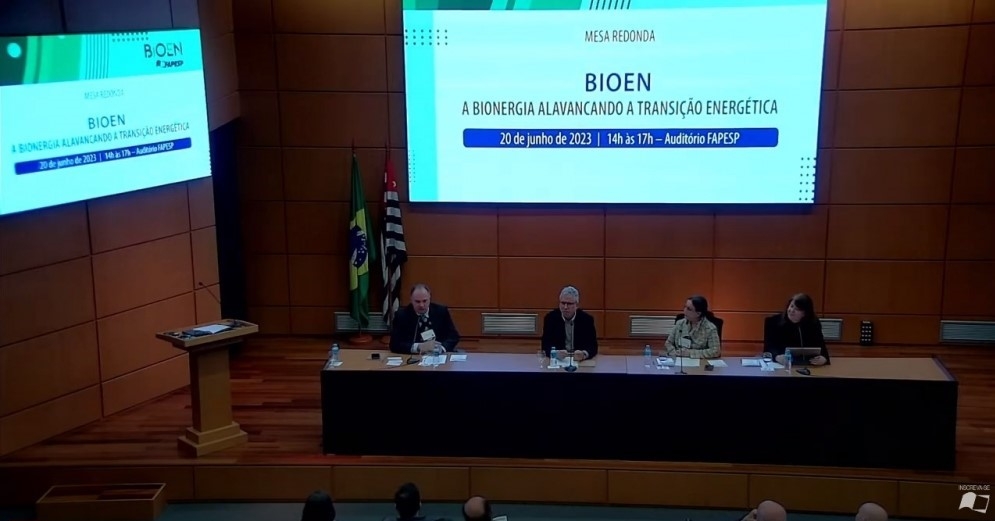
The view was expressed by participants in a discussion on “Bioenergy’s major contribution to the energy transition” organized by the FAPESP Bioenergy Research Program.
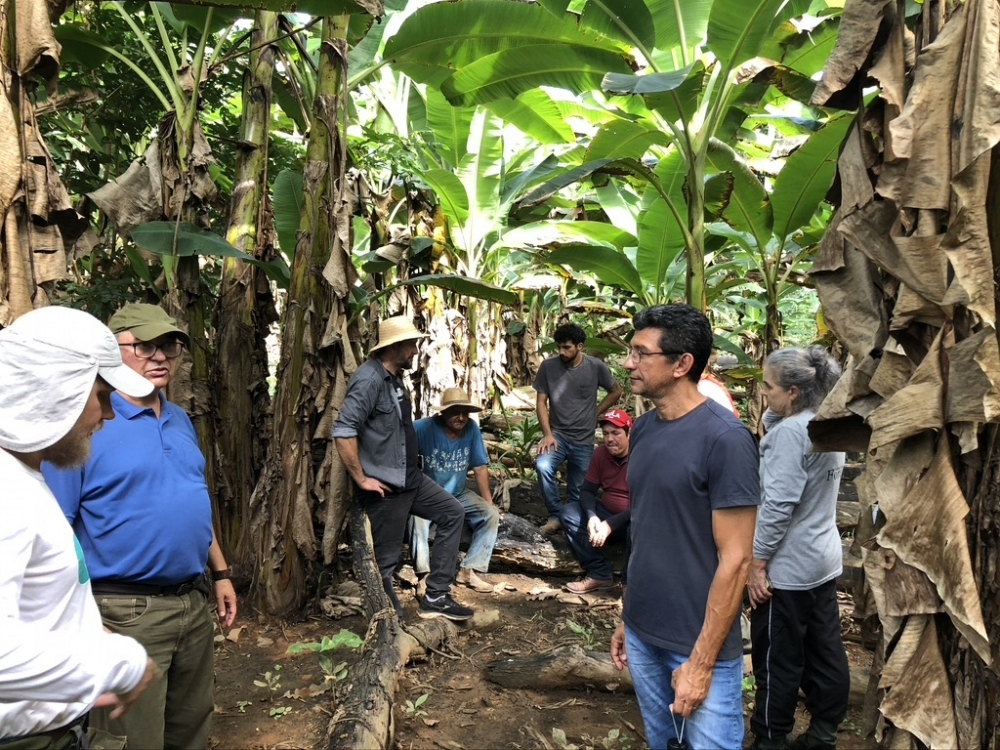
Strategies for reconciling forest conservation and income generation for families living on Chico Mendes Extractive Reserve in Acre state are the focus of a project in which local scientists are collaborating with colleagues from the states of São Paulo and Pará. The project is part of the Amazon+10 Initiative.

An article by scientists at the Federal University of São Paulo shows that the South and Southeast of Brazil are the most affected regions, and that Espírito Santo is the state most affected by waves of heat and cold.
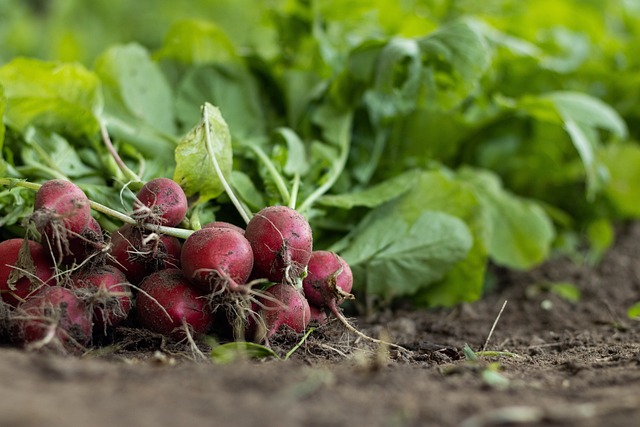
The warning was delivered by Marta Vasconcelos, a biologist affiliated with the Portuguese Catholic University, during the third event in the 2023 series of FAPESP Lectures.
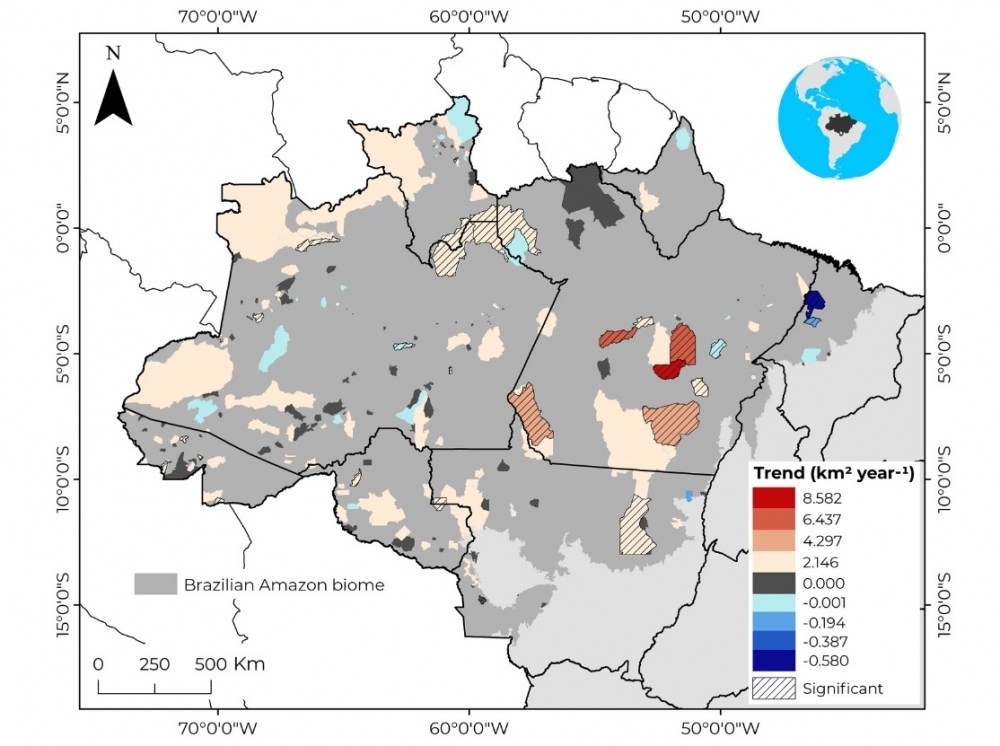
Scientists analyzed data for the period from 232 Indigenous Territories in Brazil. Results published in Scientific Reports show deforestation rates accelerating between 2019 and 2021.

Soon to be officially launched, IPOS is a coalition of 16 research institutions, research funders and universities. Its mission will be to bridge the science-policy divide and help protect the world’s ocean environment.
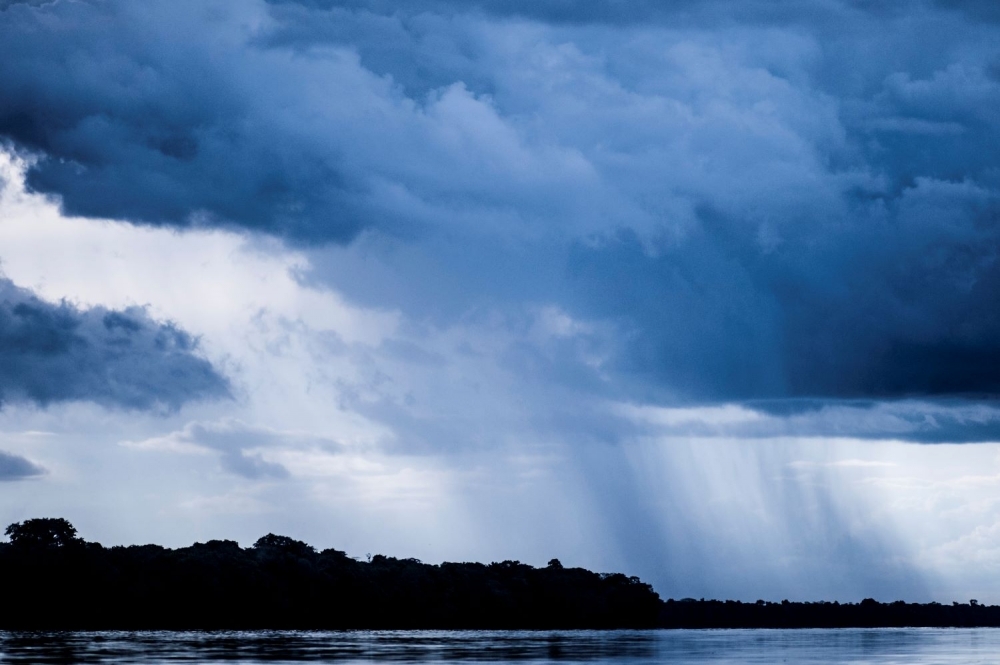
Scientists at the University of São Paulo have shown that the occurrence of mesoscale convective systems, which account for 40% of precipitation in the Amazon, is already being affected by climate change.
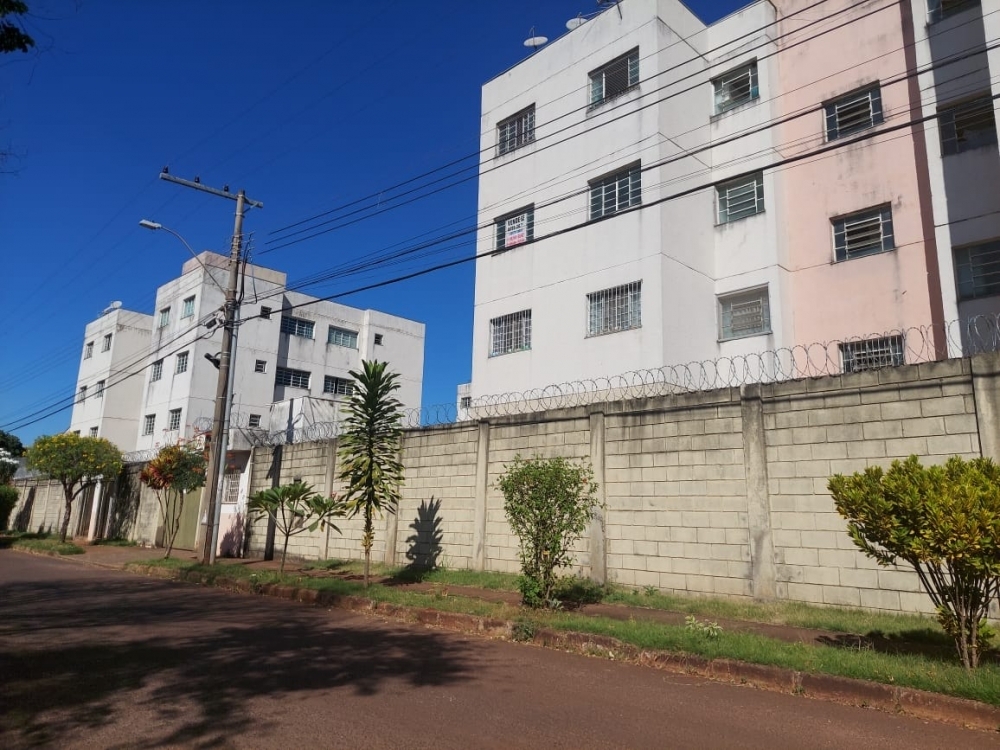
As well as benefiting users, the aim was to contribute to energy saving and help reduce greenhouse gas emissions.
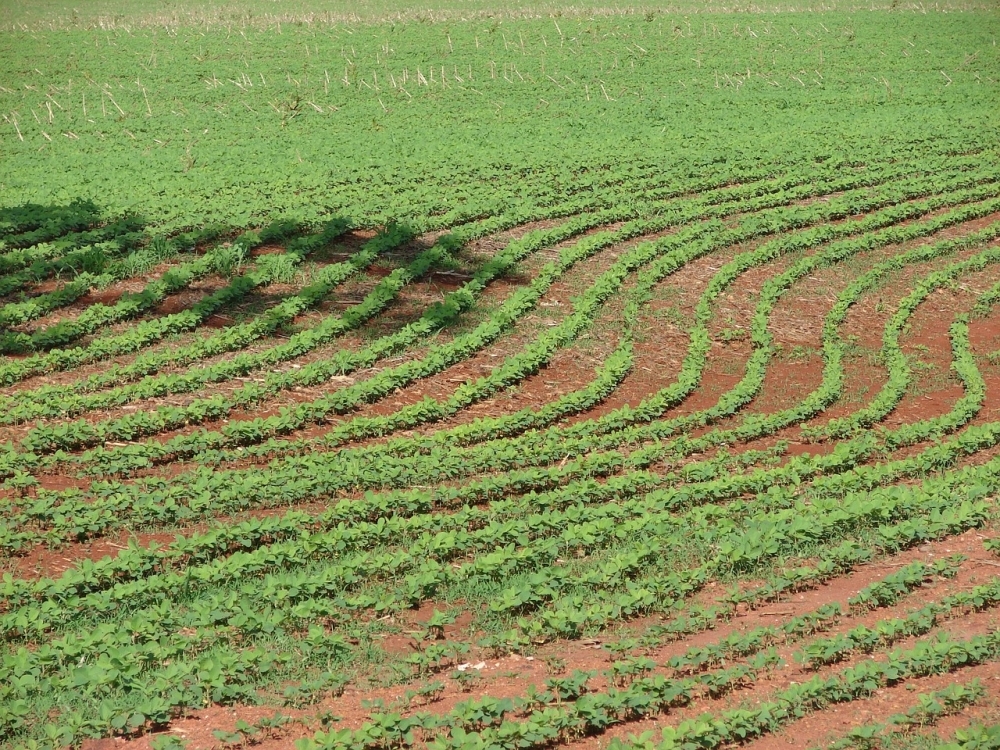
The data, referring to Brazil, Argentina, Colombia and Guatemala, was presented by the FAPESP Bioenergy Research Program (BIOEN) during a seminar hosted by the International Energy Agency.
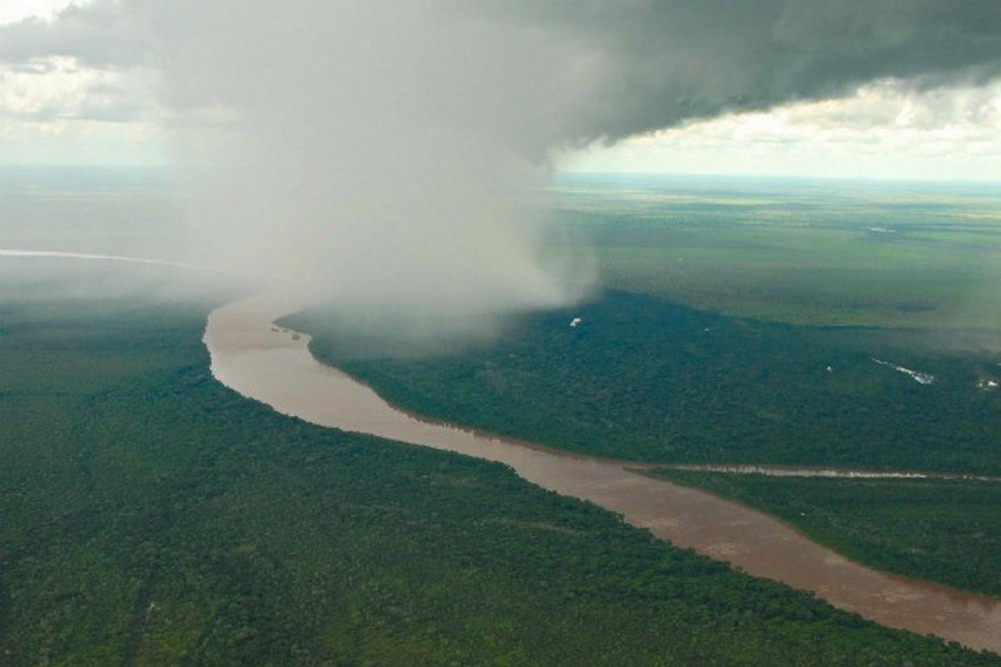
The computer program was developed at the State University of Campinas to include more vegetation diversity in the analysis of climate change impacts.

The alert came from scientists who participated in the 10th German-Brazilian Dialogue on Science, Research and Innovation, organized by the German Center for Science and Innovation in São Paulo in partnership with FAPESP.
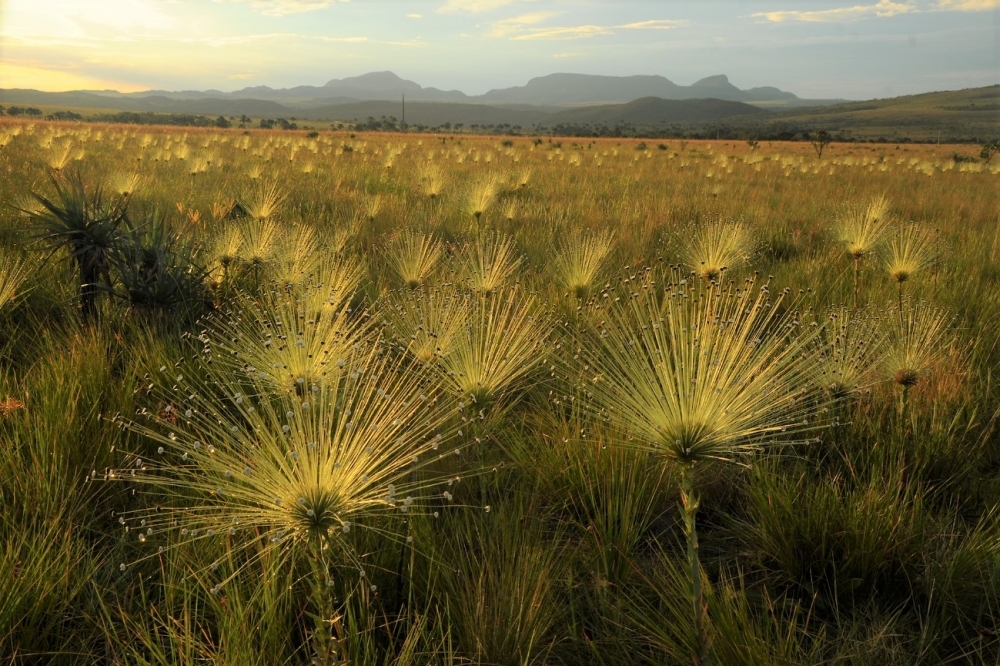
No fewer than eight important hydrographic basins depend on the ecosystems that make up the Cerrado, Brazil’s savanna-like biome, but ambiguities in the legislation have permitted the advance of soybean plantations in the region. The warning is in an article by Brazilian researchers in the journal Perspectives in Ecology and Conservation.

An online event presented the results of five projects selected in a call issued by FAPESP in partnership with the Belmont Forum and JPI Urban Europe.
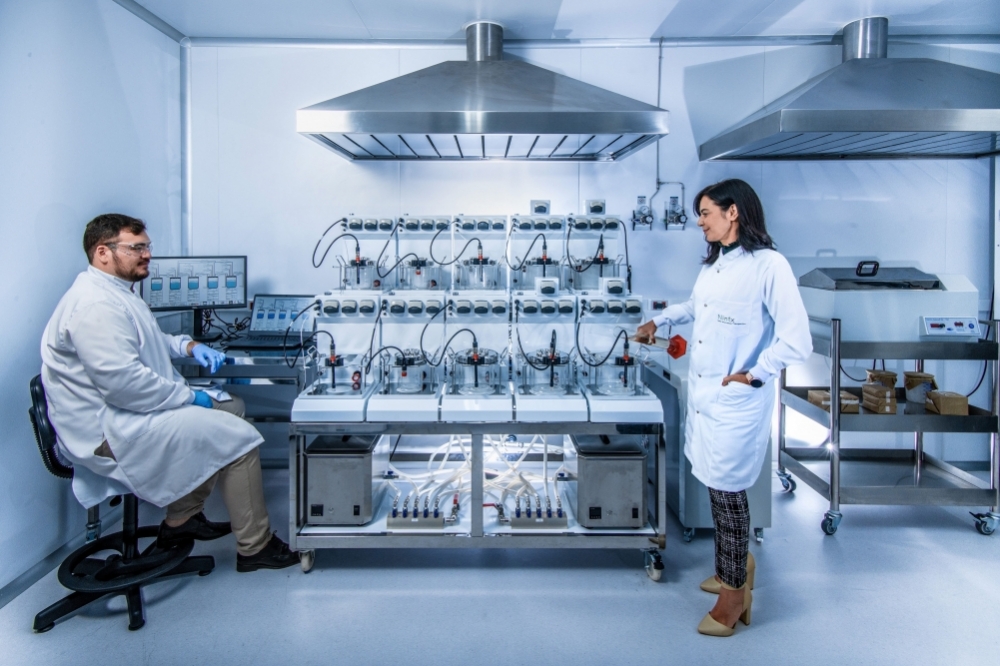
A startup based in São Paulo is working with research centers, laboratories and private enterprise to develop novel medications from plant-based natural products. The drugs will be designed to combat multifactorial diseases.
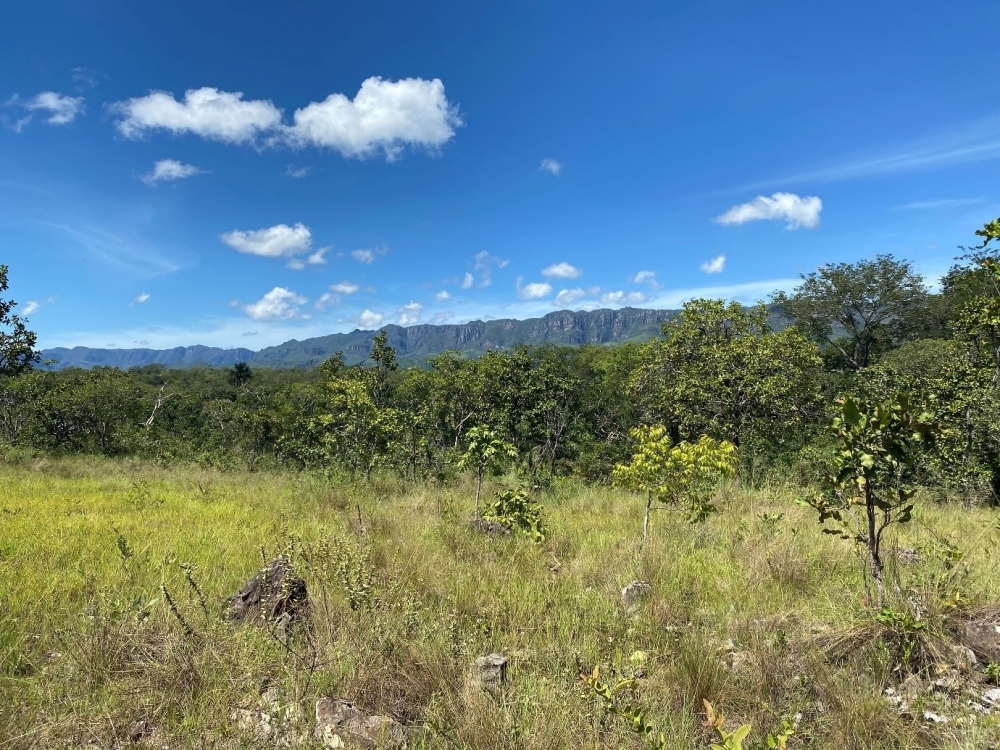
The mechanism has resulted from evolution over millions of years to protect the buds that enable plants to survive fire. A study conducted in an environmental protection unit in São Paulo state (Brazil) can contribute to strategies for mitigating the effects of climate change.
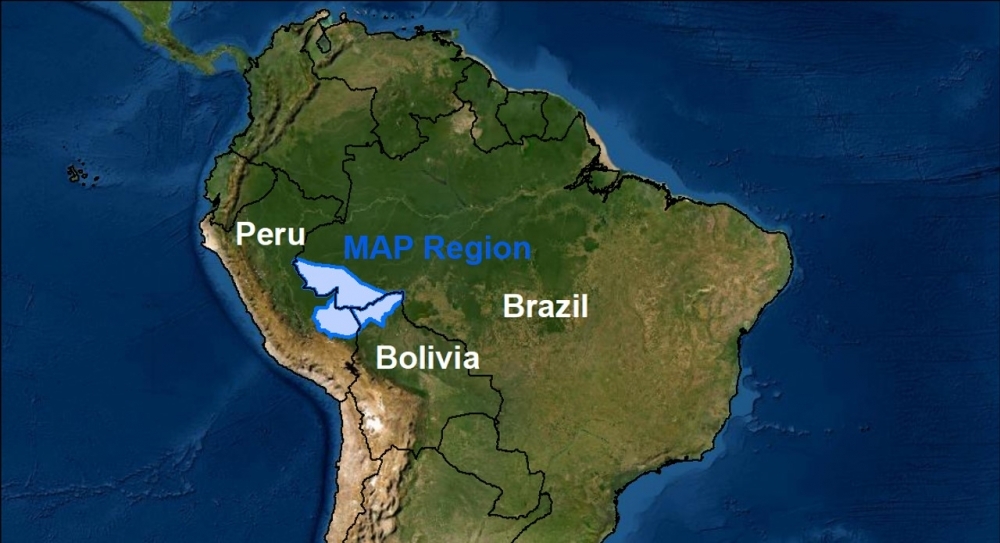
A lack of community involvement impairs fire control programs in the region known as MAP, between Madre de Dios (Peru), Acre (Brazil) and Pando (Bolivia).
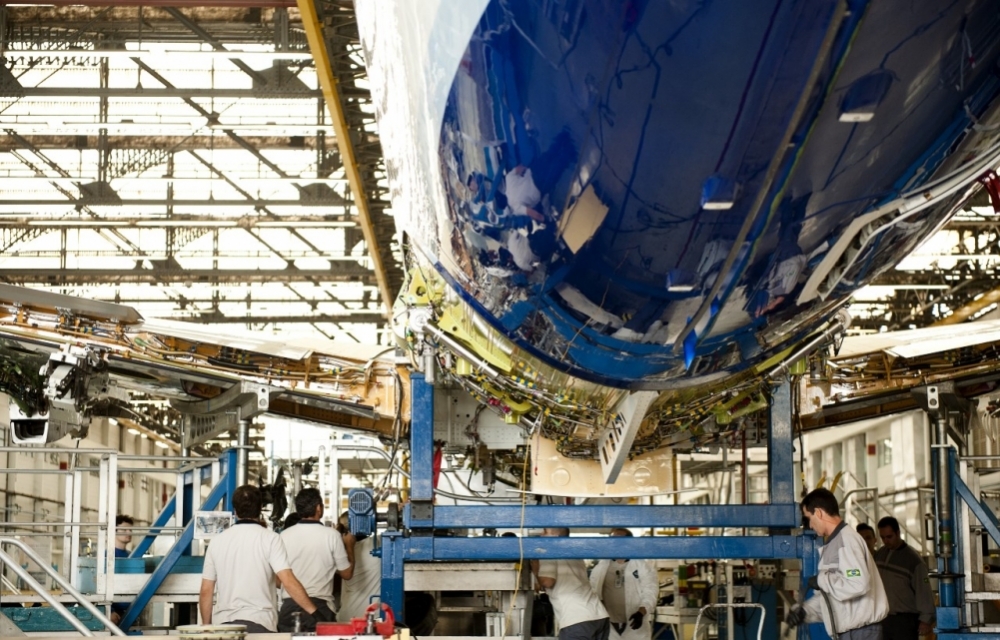
Established by FAPESP and Embraer at the Aeronautical Technology Institute (ITA), ERC-AMF will conduct research on innovative topics with the potential to contribute to the competitiveness of Brazil’s aerospace industry.
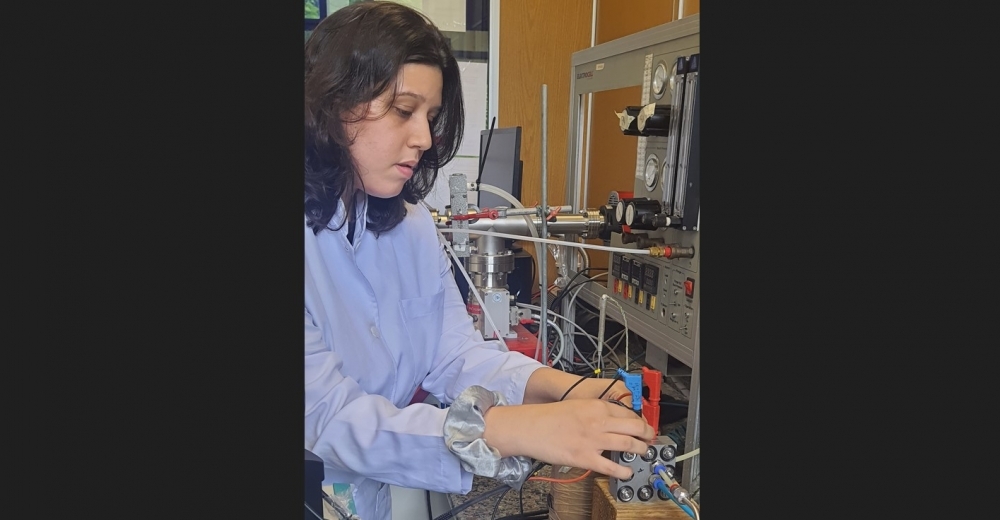
Annual production of NH3, the world’s most synthesized molecule, totals 1.2 million metric tons. Its successful use in fuel cells will boost demand.
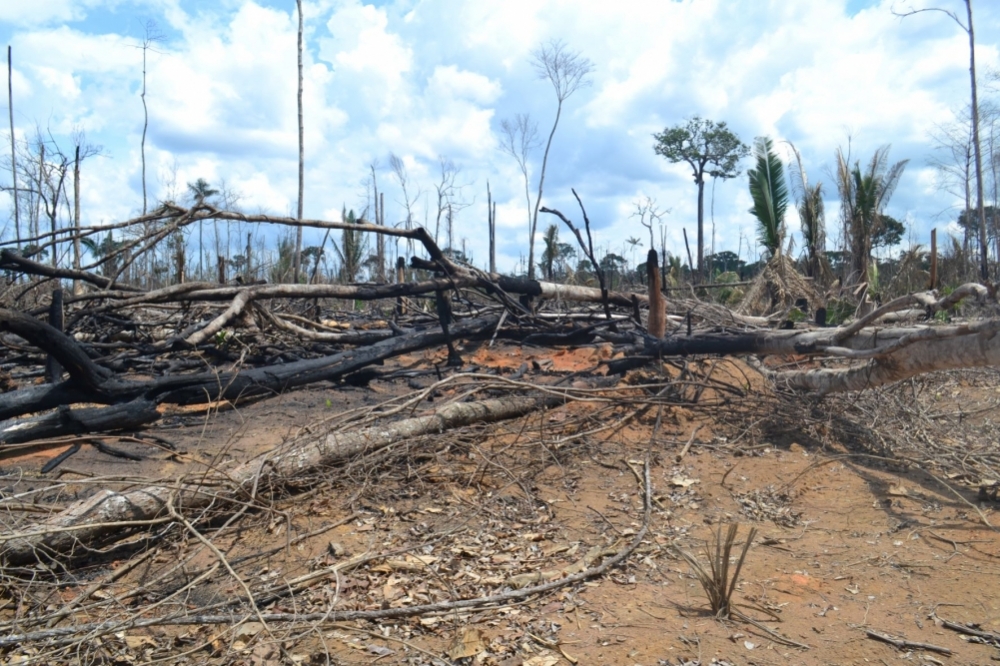
Fire destroyed 4,141 km² of forest and 6,484 km² of pasture and cropland between 2003 and 2019 in the area of Boca do Acre, Amazonas state, North Brazil, according to a recently published report. A year-by-year breakdown shows that the area affected by fire ranged from a low of 33 km² in 2011 to a high of 681 km² in 2019.